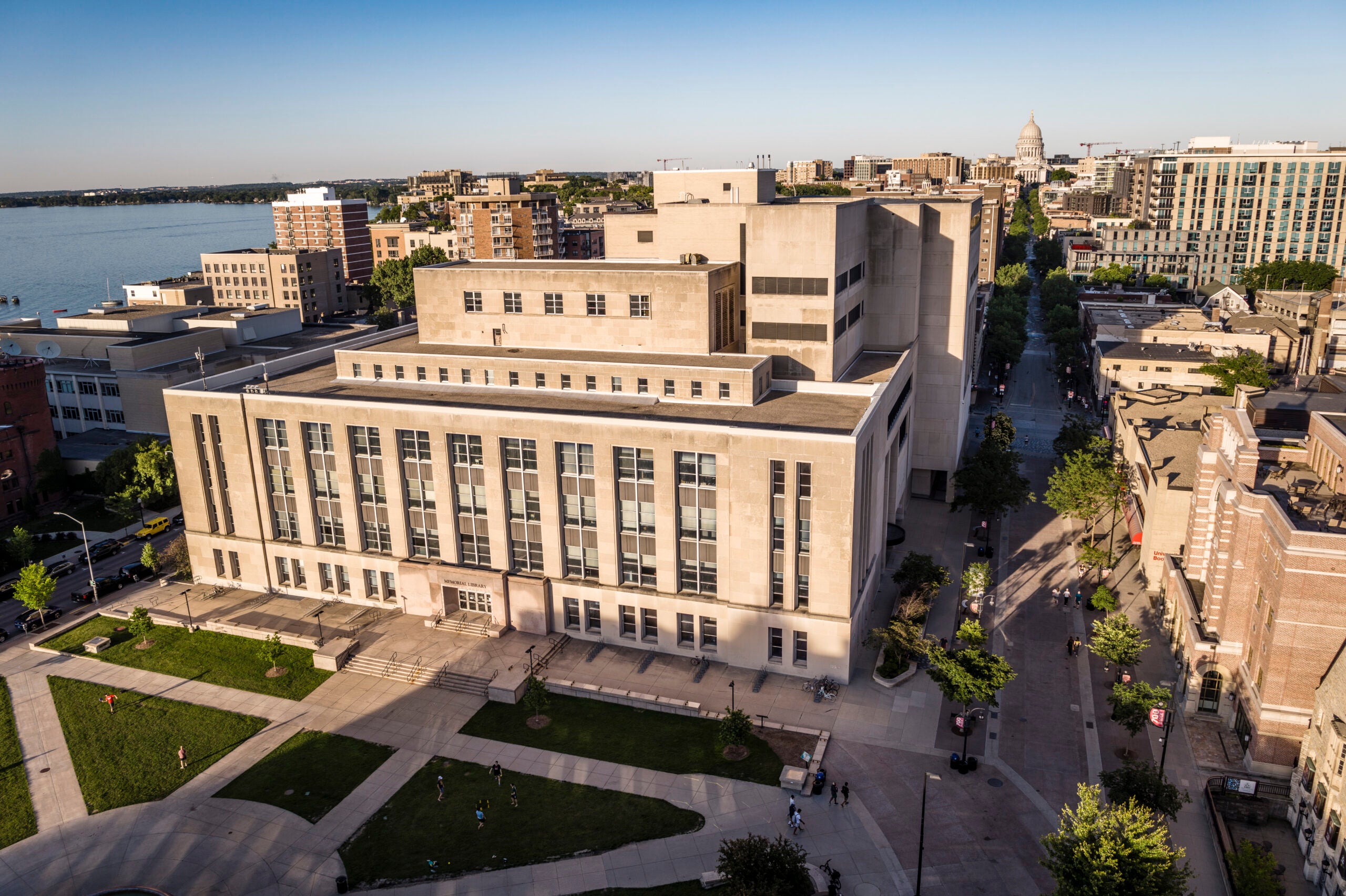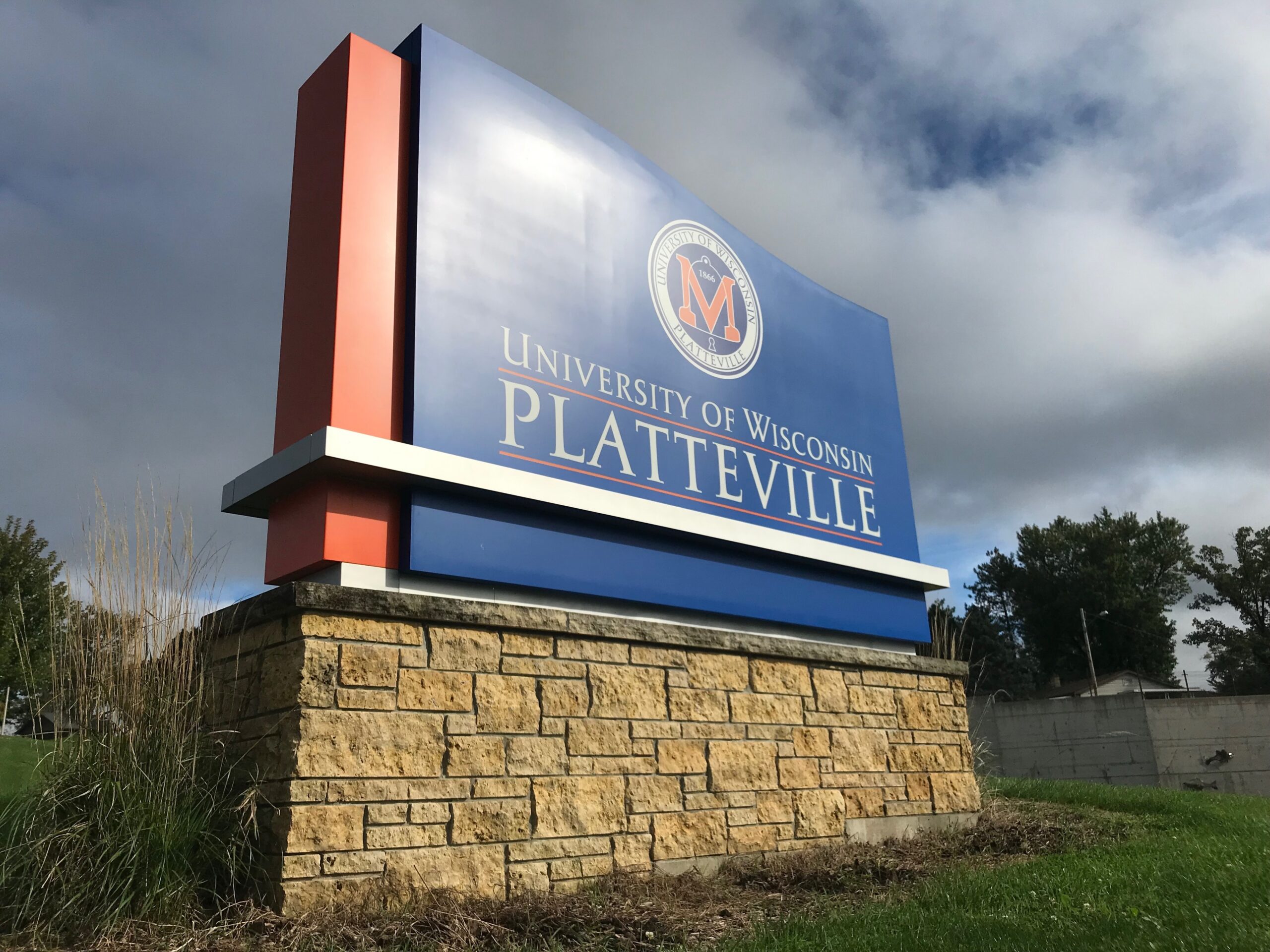Officials with the University of Wisconsin-Superior recently released findings from its campus climate survey, with faculty and staff expressed concerns over compensation, transparency and diversity.
Almost half of the university’s 700 faculty and staff responded to the survey, and results show that UW-Superior employees are generally satisfied with their work and students. But, the survey also revealed concerns about whether supervisors valued their work, bullying and administrative transparency.
UW-Superior Chancellor Renee Wachter said some results reflected on budget cuts to UW System.
News with a little more humanity
WPR’s “Wisconsin Today” newsletter keeps you connected to the state you love without feeling overwhelmed. No paywall. No agenda. No corporate filter.
“You saw people for instance very concerned about the lack of pay raises, especially the last few biennium,” she said. “You saw people who were perhaps concerned about their job security in the midst of budget reductions.”
Joel Sipress, a history professor at UW-Superior, said he wasn’t surprised by the findings in light of recent events.
“Between a state government that has made it very clear that they place little or no value in the work that people in higher education do to budget cuts that have been devastating for the campus to privatization decisions that sent a clear message that while we say we may value labor, some people’s labor is not valued has really, I think, undermined that shared mission and shared purpose that always helped us as a campus work through the difficulties that we’ve faced,” said Sipress.
Sipress said he would like to see faculty and staff recommit themselves to serving students and promoting the values of higher education.
“Even in the difficult budget times we’re in, if we cannot celebrate and champion what this campus and the UW System stands for in the state of Wisconsin, nothing else matters,” he said.
Wachter said that she’ll begin meeting with campus groups about the results this summer. Groups will reconvene in the fall to begin discussing “remedies” to the survey’s findings.
“We take the climate of the campus seriously,” she said. “We believe that work should be valued and respected and we are going to continue to work to create the best climate that we can for our students, faculty and staff.”
Other campuses like UW-Stevens Point, UW-Eau Claire and UW-Stout have also conducted surveys in recent years. They saw similar concerns over pay, work-life balance and diversity.
UW-Stevens Point conducted a survey in 2015 where roughly one-third of faculty and staff responded. The survey showed 58 percent were highly satisfied with their jobs in 2015 — compared to 80 percent in a 2008 survey. About 71 percent of faculty and staff considered leaving UW-Stevens Point in 2015 — compared to 62 percent in 2008.
Some faculty and staff cited budget cuts as reasons why they considered seeking employment elsewhere while others cited high workloads or inadequate appreciation or financial compensation for their work.
UW-Eau Claire also conducted a survey last year where 779 employees responded. The survey found faculty and staff expressed concerns about work-life balance and unfair compensation.
UW-Stout conducted a survey in 2014 and more than half of its 1,323 employees responded. Of those who took part, 61 percent were satisfied or highly satisfied with their job. Bullying was the most mentioned theme for comments on whether they had personally experienced harassment. The survey also found less positive ratings for work-life balance, but an 81 percent satisfaction with university leadership.
Wisconsin Public Radio, © Copyright 2025, Board of Regents of the University of Wisconsin System and Wisconsin Educational Communications Board.







